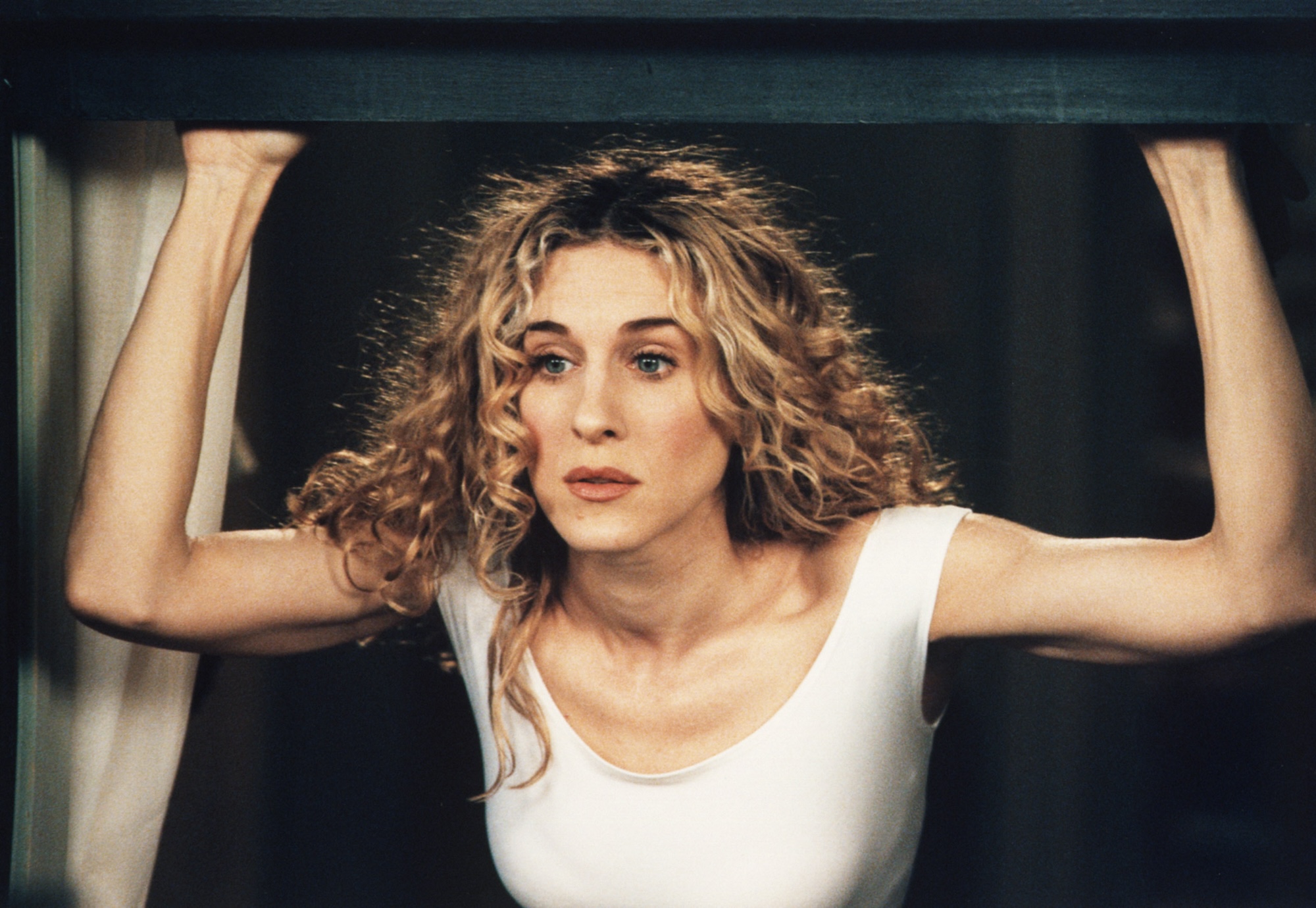The portrayal of female characters in television continues to spark debate, particularly regarding the scrutiny they face compared to their male counterparts. Shows like Sex and the City and Girls, both of which aired on HBO, highlight this disparity. Despite their popularity, the main characters, Carrie Bradshaw and Hannah Horvath, have been subject to intense criticism for their flaws, a contrast to the often-glamorized portrayals of male antiheroes.
In a recent interview with The Huffington Post, Sarah Jessica Parker defended her character, Carrie, describing her as “an extraordinarily decent and good person” who is “an extremely devoted friend.” She pointed out that while Carrie faces condemnation for her mistakes, male leads in similar narratives, like Joe Goldberg from You and Dexter Morgan from Dexter, often escape such backlash. Parker stated, “If a woman has an affair or behaves poorly… there’s a kind of punitive response to it.”
This critique was echoed by Amelia Ritthaler, host of the Girls Rewatch Podcast. During a discussion with Lena Dunham, the show’s creator, they noted that early reactions to Girls included harsh judgments of the characters, with some viewers wishing harm upon them. Dunham highlighted the contrasting reception of male characters, citing Tony Soprano from The Sopranos as a prime example. She remarked, “People were like, ‘Tony Soprano is a misunderstood, kind man.’” The disparity in audience reactions underscores a troubling trend in how female characters are perceived and critiqued.
The concept of male protagonists as “antiheroes” allows viewers to excuse their flaws, as noted by Shawn French, founder of the podcast The Determined Society. He explained that when female leads display similar imperfections, they are often labeled as “unlikable.” This bias reflects deeper societal expectations for women in media, where they are often anticipated to be aspirational and nurturing. French asserted, “Women don’t need to be perfect to be worth watching.”
Recent social media reactions to shows like The Summer I Turned Pretty and Emily in Paris further illustrate this ongoing issue. Audiences frequently express their disdain for female characters who do not conform to traditional expectations, highlighting the critical lens through which women are often viewed on screen.
The discussion surrounding the treatment of female characters in television is essential for understanding the broader implications of gender representation in media. By allowing female characters the same freedom to be flawed and complex as their male counterparts, creators can foster more authentic representations. This shift not only enriches storytelling but also offers viewers more relatable and nuanced narratives. As the conversation continues, it becomes increasingly clear that addressing this disparity is vital for the future of storytelling in television.





































































